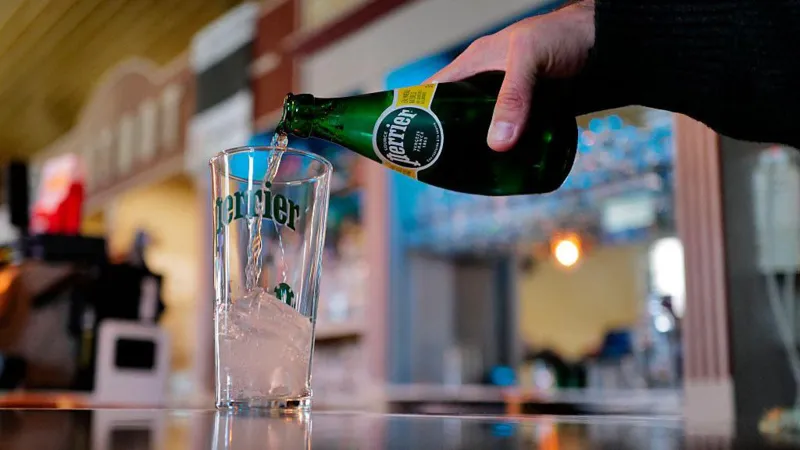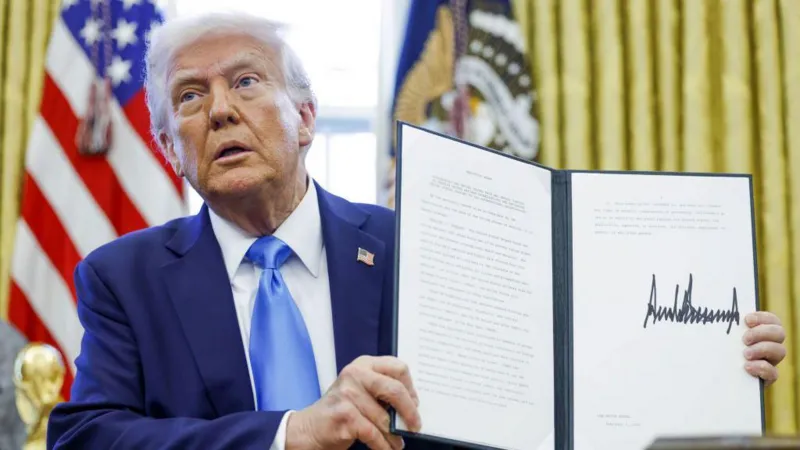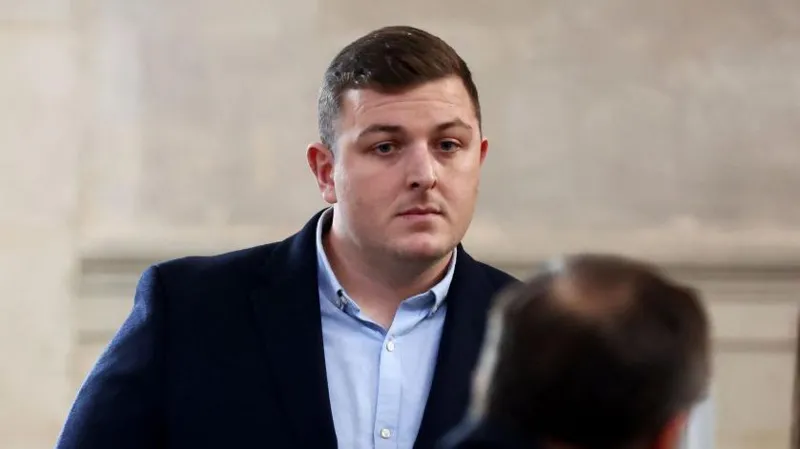Strep A: Three more children die as pharmacists told they can supply alternative penicillin
Three more children are confirmed to have died from Strep A in the UK, new figures show, as pharmacists have been told they can supply alternative penicillin.

Serious Shortage Protocols have been issued for three medicines as the government moves to respond to increased demand, amid a rise in cases that has seen at least 19 children die since September.
Inzamam Rashid piece on the growing issue of Strep A, colds, and flu in the North West of England
Three more children are confirmed to have died from Strep A in the UK, new figures show, as pharmacists have been told they can supply alternative penicillin.
Data from the UK Health Security Agency (UKHSA) shows that at least 19 children have now died across the UK from the invasive form of the disease.
Sixteen of those children have died in England since September. Three other deaths of children have been recorded in Northern Ireland and Wales.
Yesterday, health officials launched an investigation into whether the death of a child in Powys was linked to Strep A, after a confirmed death in Penarth, Vale of Glamorgan, in early December.
Last week, a pupil at a school in Sussex became the 16th known to have died by that point in the UK since September.
Also yesterday, the funeral was held in Belfast for Stella-Lily McCorkindale, a five-year-old girl who died after contracting Strep A.
So far, since September, there have been 111 cases of the most serious form of Strep A, called iGAS, in children aged 1 to 4 compared to 194 cases in that age group across the whole year between 2017 and 2018, the last time the figures peaked.
Competition regulator to investigate antibiotics price rise following surge in Strep A cases
Meanwhile, Serious Shortage Protocols (SSPs) have been issued for three types of penicillin as the government moves to respond to increased demand, as a result of Strep A outbreaks.
The protocols will help mitigate supply issues and allow pharmacists to issue alternative forms of medicine if they do not have the specific medication prescribed.
Some pharmacists have criticised the government for being "out of touch" after mooting proposals to give antibiotics to children in schools to help fend off illnesses including Strep A and amid concerns some parents have been resorting to using old or out-of-date antibiotics they have found at home to treat their children.
The strikingly high rates of Strep A infections so far this autumn and winter still puzzle scientists.
The most likely explanation lies in the lack of social mixing during the pandemic.
The same measures that slowed the spread of COVID also stopped other infectious diseases being transmitted.
When those restrictions were lifted, vaccine-preventable diseases, like measles, remained suppressed.
But other infectious diseases, like Strep A, have bounced back.
Our immune systems haven't been exposed to as many bugs during lockdowns, so there's a large group of children susceptible to Strep A, which allows the bacteria to spread more easily.
Parents shouldn't be too alarmed.
Strep throat and scarlet fever can be treated with antibiotics.
Early diagnosis is important, so being aware of the symptoms and seeking prompt medical attention can prevent children – or indeed adults – becoming more seriously ill.
It is understood health officials do not believe the number of scarlet fever infections has yet peaked, suggesting more deaths are likely.
Anyone who suspects Strep A infection is encouraged to seek medical help such as visiting NHS.UK, contacting 111 or visiting their GP surgery.
The symptoms to look out for are: fever, sore throat, swollen glands, difficulty swallowing, and headache, or scarlet fever, which causes a sandpapery rash on the body and a swollen tongue.
In the week ending 4 December, there were 1,131 cases of scarlet fever notified to the UKHSA in England and Wales, up from 991 the previous week and 950 the week before.
According to the government the new protocols for penicillin are a standard procedure, used frequently to manage temporary and potential medicine supply issues.
The government says this is simply a safe and effective way to ensure that medicines continue to be available.
However, some pharmacists believe the authorities have been dishonest and an investigation has already been launched into the skyrocketing price of penicillin since the spike in cases.
Sri Kanaparthy, who owns four pharmacies - three in County Durham and one in Barrow-in-Furness - told Sky News: "I feel like the government are lying as up until yesterday they were saying there is not a shortage despite pharmacies across the country screaming to say they can't get hold of the antibiotics for Strep A.
"Now all of a sudden they release a SSP. It proves that the government all along knew there was a shortage but simply was not prepared to stand up and accept there is a shortage."
Usually when a patient presents a prescription, by law, the pharmacist can only supply what is on the prescription.
If the medicine isn't available, the patient must be sent back to the prescriber to get a new prescription for an alternative.
Issuing an SSP allows pharmacists to legally supply a specified alternative medicine, which means the penicillin can be supplied as an oral solution.
Penicillin is the drug of choice to treat both mild and severe cases of Strep A.
Though erythromycin and clindamycin can be used cases in where patients are allergic to penicillin, both these antibiotics have seen increased rates of resistance.
Health minister Will Quince said: "The increased demand for the antibiotics prescribed to treat Strep A has meant some pharmacists have been unable to supply the medicine shown on the prescription.
"These Serious Shortage Protocols will allow pharmacists to supply an alternative form of penicillin, which will make things easier for them, patients, and GPs."
-sky news







